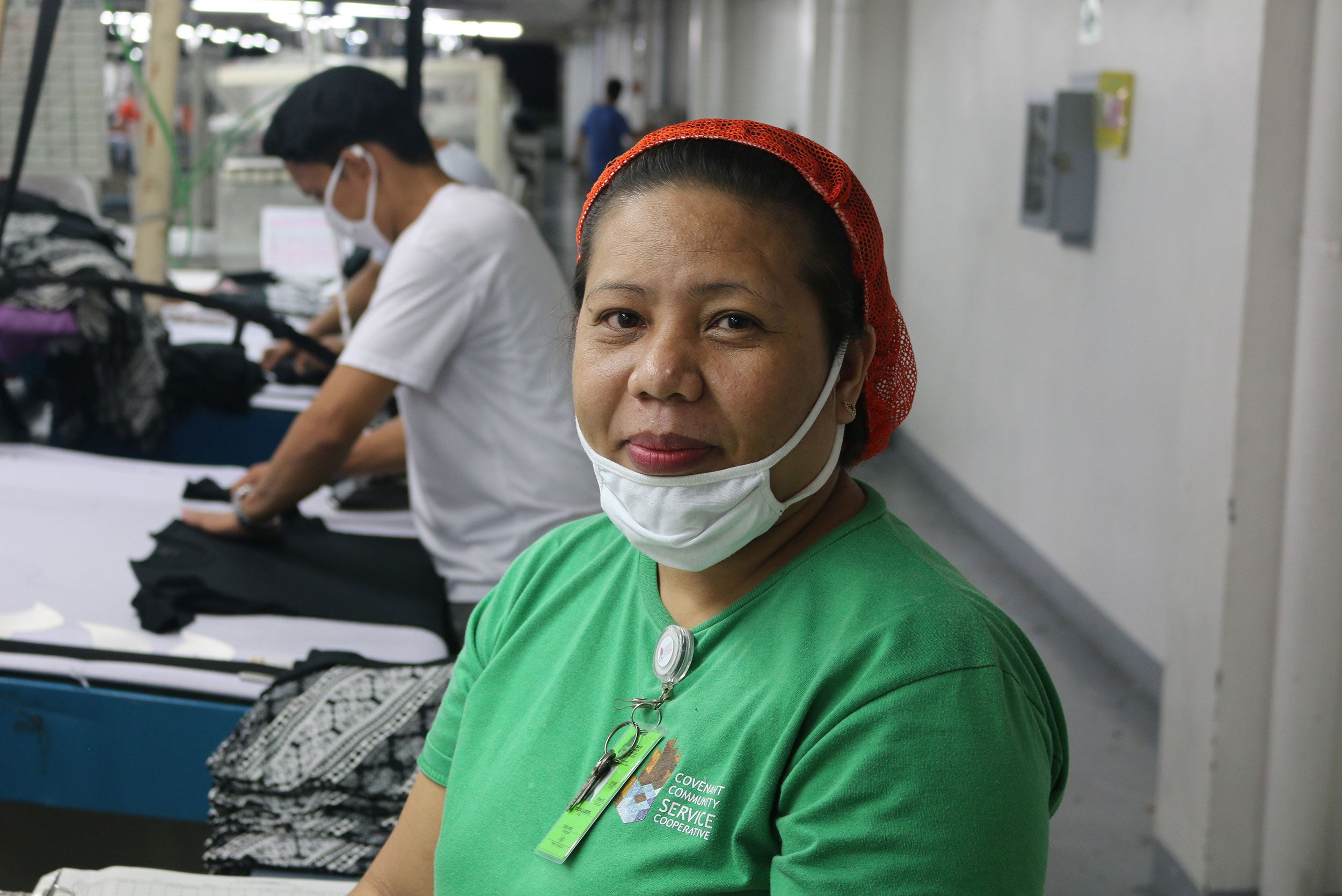Women's Health and Empowerment in the Workplace

Approximately 190 million women work in global supply chains concentrated in countries with high unmet needs for women’s health services. Often the needs of these women workers from health care, to protection from harassment and violence, and fair wages, are neglected.
Engaging businesses with large female global supply chains in improving access to women’s health services such as family planning and maternal health, holds a huge potential to reach women, who otherwise have difficulties accessing these services and commodities, due to for example lack of information, financial constraints and working hours. Businesses can be agents of change to ensure that more women in particular have the means to realize their sexual and reproductive rights, by providing opportunities to overcome some of the barriers that workers face in accessing these services. Having control over their sexual and reproductive health will ensure that women can be healthier, more empowered and with better decision-making power in their personal and professional life. Some companies and sectors are already engaged in workplace health programmes, and there are ranges of positive experiences to draw on. Experiences show that the programmes can have an empowering effect on women engaged in the programmes. Moreover, companies benefit from a more effective and efficient workforce and improve their business. Health services in the workplace can be a catalyst for worker participation, and increased engagement in the workplace can create a space for dialogue between employer and employees.
UNFPA engagement
Engaging the private sector for the provision of sexual and reproductive health services in the workplace, as a complement to the services offered through the public health sector, is an unmissable opportunity to maximize the impact of sexual reproductive health programmes and achieve UNFPA’s transformative results. Businesses can be a key ally for delivering sexual and reproductive health information and services via the workplace to millions of their employees across the world.
UNFPA works with companies to design tailored workplace programmes to promote the wellbeing of female employees, ensuring that women’s lives are improved and that companies can benefit from a more effective and efficient workforce. The following paragraphs provide some examples of how UNFPA partners with companies at country level and what the impact is.
Country examples
In the Philippines, UNFPA is partnering with 30 private sector companies to reach 2.5 million private sector workers both in formal and informal settings with women’s reproductive health programmes. UNFPA has trained staff at the companies to conduct accurate, sensitive family planning information sessions. . One core element of the programme is the development of a Return on Investment Tool (ROI), to make the benefits of investing in workplace women’s health visible. Since 2015, these partnerships have reached 1,4 individuals with family planning information. There are plans to upscale the programme to one more country in Asia (eg. Cambodia, Vietnam, or Sri Lanka, TBD)
In Sri Lanka, UNFPA is partnering with MAS Holdings, South Asia’s largest manufacturer of lingerie. MAS Holdings is the largest private sector employer of women in Sri Lanka, with 70% of their 87,000 associates in Sri Lanka and overseas being women. UNFPA and MAS Holdings is partnering on strengthening corporate policies and programmes that focus on identifying gaps and gender inequalities in the working environment. UNFPA has tailored a programme and developed resource material and training of trainers to conduct awareness-raising sessions on gender-based violence and on the principles of gender-equaity within the company. A continuation of the partnership is under development.
UNFPA in Bangladesh is partnering with the Bangladesh Garment Manufacturers and Exporters Association (BGMEA) working in factories to provide access for the garment workers to health services. This also includes raising awareness on rights and protection from violence and harassment in the workplace, and in the women’s homes. UNFPA has reached 200,000 workers and is looking at ways to scale up as this number only represents a limited percentage of the 5 million garment workers in Bangladesh. UNFPA is also working with a different group of women workers that differ significantly from the garment workers, namely the tea workers who are an especially marginalized group living under very harsh conditions. They are not covered by labor law and earn no more than 1 dollar per kilo tea they pick.

